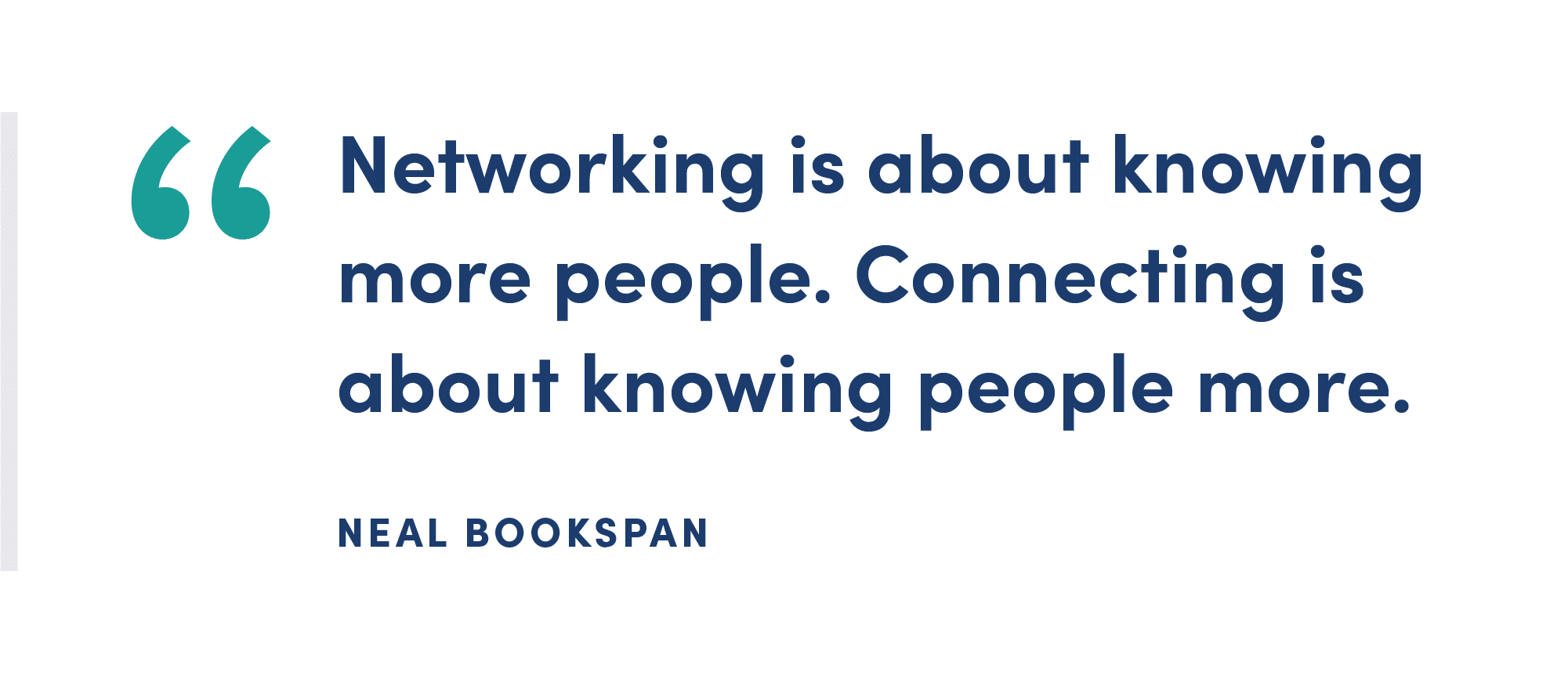5 Critical Aspects of Job Hunting
Posted on 01.08.2021

When it comes to employment, one of the most challenging aspects isn’t necessarily finding a job — it’s finding the right job. Too often, we take the first offer, just grateful to start collecting a paycheck. Before long, we discover we’re stuck in a rut or just plain miserable.
If you want to start working in the growing field of healthcare, here are five critical job search tips to help you find the career you deserve.
1. Know the Difference Between Hunting and Looking
Are you looking for a job or hunting for a job? Because the distinction here means more than you might think.
When a person hunts, they have a strategy. They use resources and take advantage of the right timing rather than just casually browsing to see what is available. And depending on your goals and interests, you might find specific times of the year are better for job hunting than others.
Monster.com says that, generally, winter is a good time to change employment due to fresh budgets and constant evaluations of staffing needs. However, when it comes to healthcare, the need for trained professionals never seems to dwindle. So no matter the time of year, you’ll always want to make sure you have a gameplan to find a job.
Here’s a few habits you can practice year-round:
- Stay current on your skills and certifications. The best healthcare professionals are always sharpening their craft. CareerStep offers flexible online courses making it easy to squeeze skills development into any schedule.
- Stay current on the best career tips. Be sure to check LinkedIn, Indeed, Monster, and Glassdoor for the latest recommendations for job prep strategies.
- Stay current on openings in your field. Even if you aren’t currently hunting for a job, it’s a good idea to know what the market rate is for your salary. You’ll be in a better position to negotiate for your next promotion or job offer.
2. Make Real Connections
We all know that person with a million friends on Facebook or Instagram. Their posts, regardless of value, are flooded with likes, comments, and shares. And while this pseudo influencer may feel satisfied with their expanding network, they’re probably falling short of making any real connections.
Neal Bookspan, a partner at the law firm Jaburg Wilk believes networking is about knowing more people. Connecting is about knowing people more.

This is particularly true in healthcare, where genuine connection breeds success. Medical coders, RNs, administrative assistants — they all benefit when they put other people first. That’s why every hopeful healthcare pro should know what it takes to develop deep relationships that are built on more than shallow online interactions.
So remember to pick up the phone and engage with folks in your professional network. Write them an email, invite them to lunch, or plan weekly zoom meetings (social distancing!) to stay connected. Whatever it takes to learn who they are deep down—not just who they pretend to be on the internet.
3. Highlight Your Best Attributes
They say brevity is the soul of wit. What is the purpose of the resume? To entice the interviewer to meet you in person. According to Grammar Chic, including too much information on your resume can make it overwhelming and confusing to read. Use your resume to highlight your best qualifications. Give them just enough information so they will want to bring you in for an interview.
4. Tailor Your Resume
Imagine, as part of your interview preparation, you put on every piece of clothing you own. That would be absurd. For a job interview, you select your best outfit based on the position you seek and the culture of the company. You’ll want to do the same with a cover letter and resume. Each one should be customized for each job application.
Topresume provides 5 easy steps to make sure your resume is the best “outfit.”
- Step 1: Use the same keywords as the job description.
- Step 2: Match your desired job title to the job listing.
- Step 3: Describe your skills the way they are described in the job posting.
- Step 4: Keep your skills in the top-third section of the resume.
- Step 5: If you are local, let them know.
5. Send a Thank-You Note
How devastated would you be to discover that you nailed your interview but didn’t get the job just because you didn’t write a thank-you note? Many applicants forgo what seems to be an old-fashioned practice and thus lose a competitive edge. While not all hiring managers take thank-you notes seriously, many experts say it’s best to err on the side of caution.
You may never know if a thank-you note was the difference between getting a job offer or not, but you’ll be glad you took the time to show gratitude no matter the outcome.
In a Few Words
When hunting for a job, you want to be the most attractive candidate in the application pool. You need a strategy. You need connections. And you need an enticing resume. But you also need the skills that make you the obvious choice.
CareerStep can help you upskill so that you have a resume that shines in any interview. Our training is recognized throughout the industry, so you can be sure that when hiring managers see CareerStep on your resume, they’ll have little doubt that you’re the best candidate for the job.
“When I interviewed with Walgreens, they were very impressed with my responses during the interview. The pharmacist and store manager that interviewed me both said that CareerStep trains better than local schools.”
—Leila Charles, CareerStep Learner
With flexible online courses, you’ll get the training you need to find the job you want.
